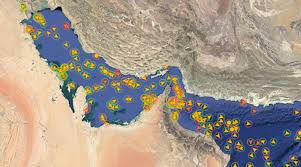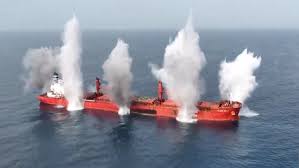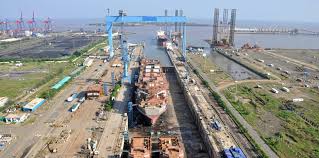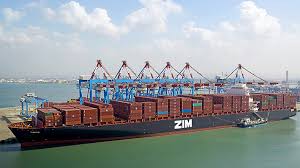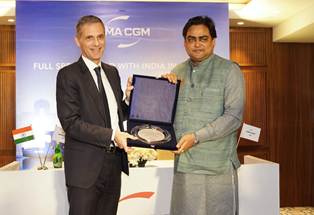Previously, port security oversight fell mainly to the Directorate General of Shipping, lacking a dedicated professional force
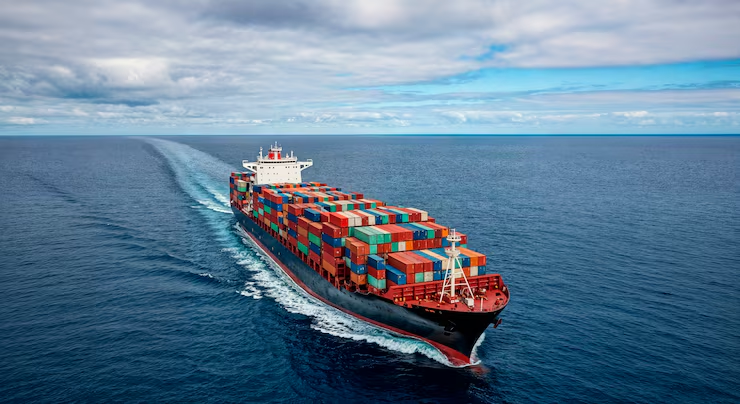
The Central Industrial Security Force (CISF) has been formally designated by the central government as the primary security authority for about 250 seaports throughout India, marking a major redesign of the country’s marine security architecture. India’s ports will now be supervised by a specialised, qualified security regulator for the first time, thanks to the decision, which was confirmed by a Ministry of Ports, Shipping and Waterways directive published on November 18.
The development was confirmed by CISF Deputy Inspector General Ajay Dahiya, who described it as a “landmark reform” to modernise and standardise port security across the country. The government is working to bolster its operational and physical security frameworks because ports are essential hubs for trade, logistics, and the nation’s growing Blue Economy.
The CISF has been designated as the Recognised Security Organisation (RSO) for seaports under the new mandate. An RSO serves as the regulatory and monitoring authority in charge of evaluating vulnerabilities, authorising security plans, and guaranteeing adherence to safety procedures. Up until recently, the Directorate General of Shipping was mostly in charge of overseeing port security; no specialised professional force was assigned this responsibility.
The CISF will oversee several crucial tasks with its increased authority, such as updating security audits, creating security plans, and carrying out essential protective responsibilities at ports. To improve the skills of employees stationed at maritime gates, the government is also implementing a hybrid security model, sophisticated screening technologies, and specialist training facilities.
According to officials, the changes are a significant step towards building safer, more effective, and internationally competitive ports that are in line with India’s aspirations for marine expansion.
Only 65–68 of India’s approximately 250 minor and intermediate ports are actively involved in cargo handling. While private security companies usually assist operations at smaller ports managing cargo zones, warehouses, entry gates, and other sensitive installations, the CISF already protects all 13 major ports.
The CISF was established in 1969 with the responsibility of safeguarding the nation’s vital infrastructure. Its duties include over 70 civil airports, nuclear and space installations, and important industrial sites. The new classification strengthens the country’s broader security ecosystem by expanding its function into the crucial marine area.
SOURCE – MARITIME GATEWAY

